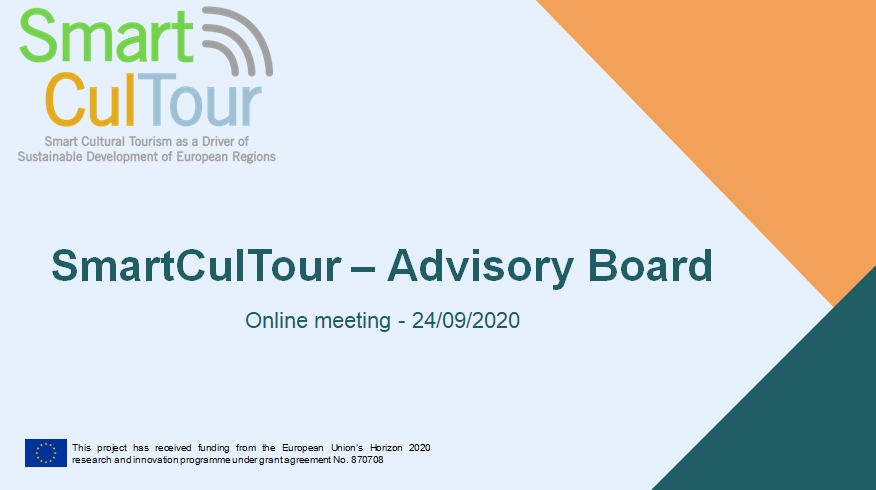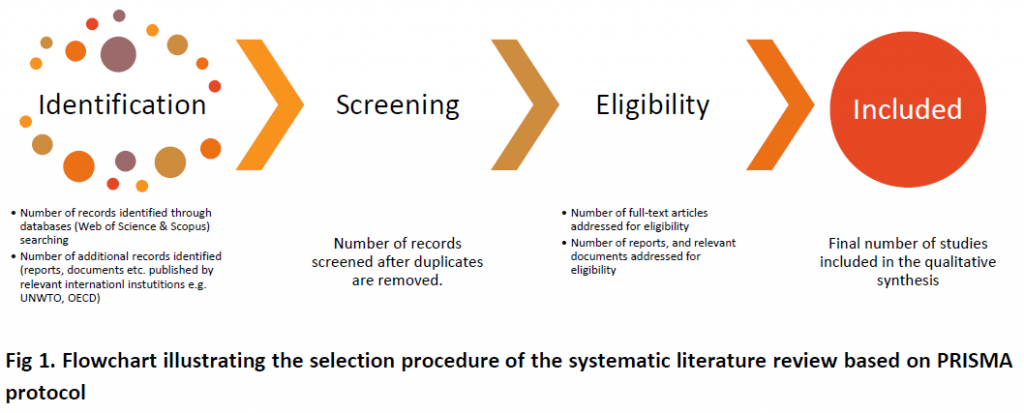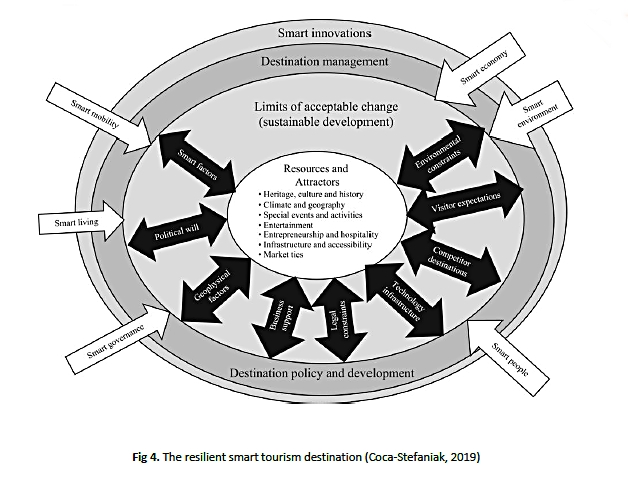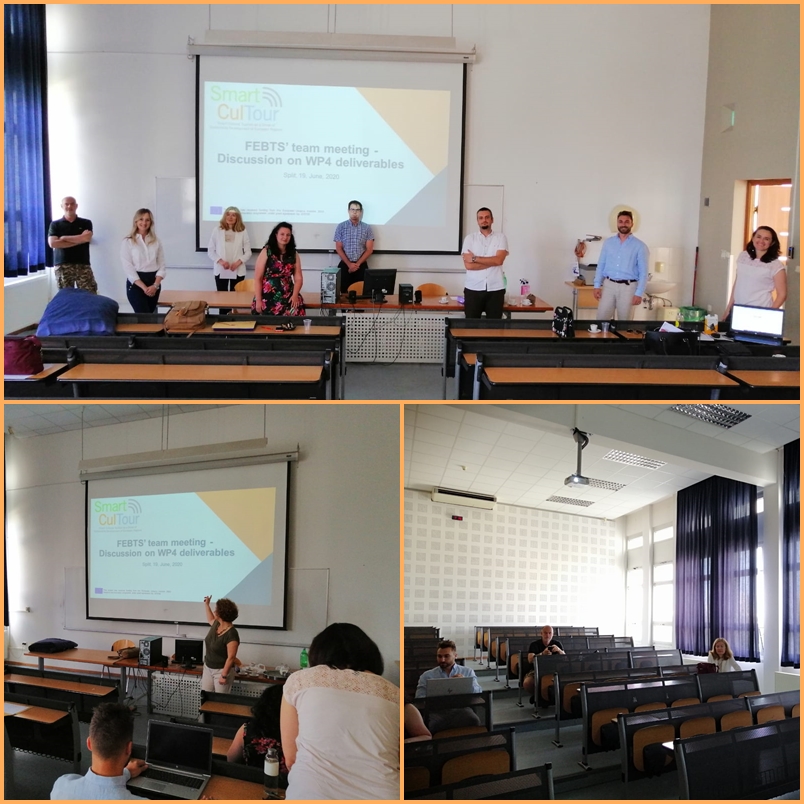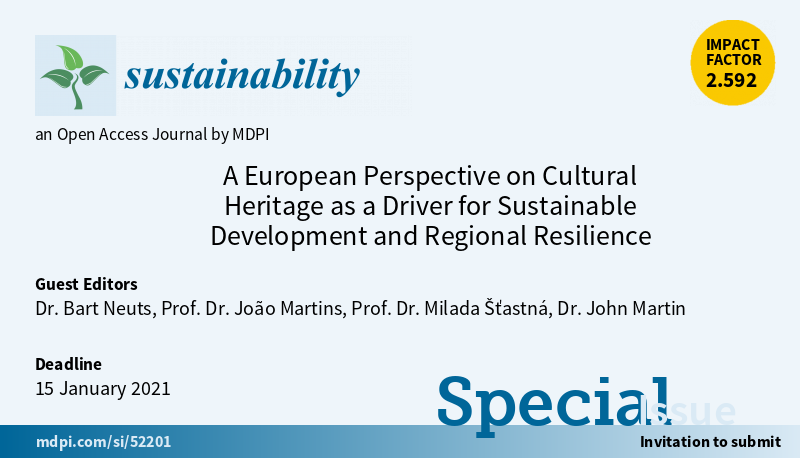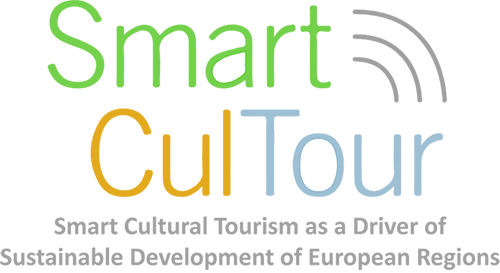SmartCulTour Advisory Board Meeting
Last 24 September the SmartCulTour Advisory Board met online to take stock of the project’s progress and discuss the upcoming deliverables and research phases. Part of the discussion revolved, as could not be otherwise, around the pandemic and the effects of Covid-19 both on the project and on tourism dynamics.
The project started pre-Covid and then experienced a pandemic that has changed many parameters. Research should continue to identify how the situation keeps on changing, and how potential opportunities can be leveraged to prevent a future return to overtourism. It is clear that flexibility and pragmatism are essential in adapting to these new circumstances which no doubt will result in shifts in behaviour, safety measures, destinations, etc. and will test resilience and sustainability. Working together with stakeholders and entrepreneurs is as important as ever so that practical solutions can be generated.
The SmartCulTour Advisory board is composed of Jan van der Borg (KU Leuven), Bart Neuts (KU Leuven), Eduardo Santander (Executive Director of the European Travel Commission, ETC), Anouk Van Eekelen (Destination Manager Development at Netherlands Board of Tourism and Conventions, NBTC), Peter Debrine (Senior Project Officer at UNESCO World Heritage Centre), Leo van den Berg (former Director at EURICUR, Professor of Regional Economics at Erasmus University in Rotterdam, Member of the Urban Competitiveness Group) and Cécile Houpert (European Projects Officer at Eurocities) who could not attend the meeting.
